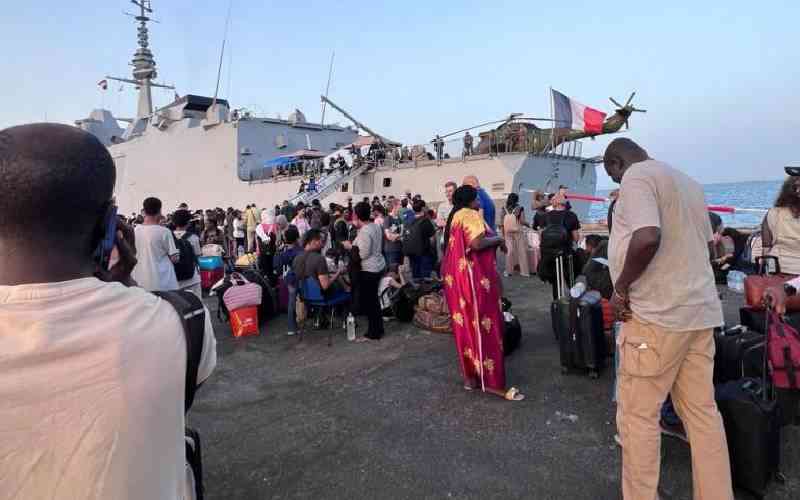×
The Standard e-Paper
Join Thousands Daily

There was a time when Sudan was the biggest country in Africa in terms of territorial size, but it no longer is because the Democratic Republic of Congo has overtaken it.
This happened through the violation of a cardinal principle by the Organisation of Africa Unity (OAU) turned African Union (AU) of discouraging the expansion or contraction of states as inherited from colonialism.